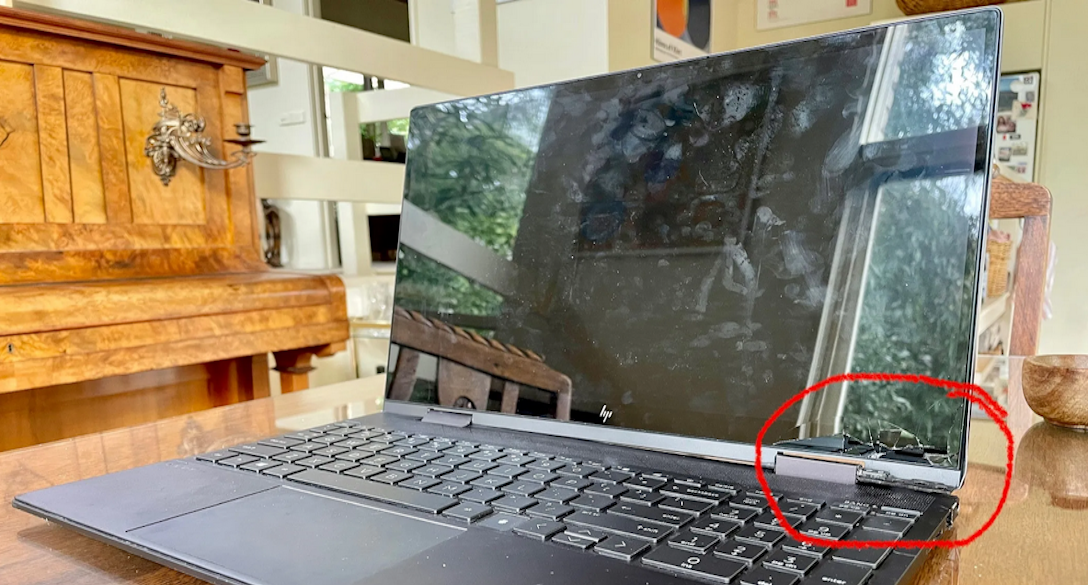The transition into adolescence can be brutal for kids' mental health – but parents can help reduce the risk
- Written by Zara Mansoor, Clinical Psychologist and PhD Candidate, University of Otago

The transition from childhood to adolescence is a vulnerable time[1] for the development of mental health difficulties and brings a marked increase in anxiety and depression.
The push away from family to peers at this age can leave parents feeling adrift. But parents can have a positive role in how young people navigate the challenges of adolescence.
Untreated, mental health conditions often have an impact into adulthood[2]. Supporting a young person with a mental health difficulty also places enormous stress on parents and whānau (family).
So how can parents be there for their children?
Research into how young people develop emotional skills found that a parenting style which encourages understanding and acceptance of emotions is associated with better mental wellbeing[3] compared to styles which are dismissive, punitive or avoid emotional experiences.
As well as general emotional response style, there is an array of other factors linked to anxiety and depression which parents can play an important role[4] in mitigating.
Supporting parents in these areas can have a positive preventative effect[5] on the development of anxiety and depression. By better involving parents in mental health care, we may also improve outcomes for teens with mental health challenges.
Addressing how we treat teen mental health is of increasing importance with rising rates of anxiety and depression in teens and the likely impact of the COVID-19 pandemic.
COVID-19 has taken a toll on teen mental health
In a survey of youth in Aotearoa[7], reported symptoms of mental distress were already increasing prior to the global pandemic – particularly for females and Māori.
While the full effects of the pandemic remain to be seen, key factors related to well being in adolescence have been severely affected, including school attendance, social engagement and the ability to develop independence.
Read more: New ways to treat depression in teenagers[8]
Preliminary evidence from overseas[9] suggests there has been an increase in mental health difficulties above general trends in this period for adolescents.
A report of data from paediatric hospital admissions in New Zealand identified greater admissions related to mental distress and parasuicidal behaviour during lockdown[10].
A survey of adult New Zealanders[11] also confirmed a range of psychological impacts, with the younger adult group particularly affected.
These trends will continue to put strain on our mental health services.
Stretched services
Referrals to Child and Adolescent Mental Health Services (CAMHS) have been increasing[12] over recent years, particularly for the early adolescent age group.
Chronic resourcing and staffing issues mean the situation is already at crisis[13] point for many needing support.
While there has been a substantial government commitment to increased funding, there are still deficits and long term skill shortages for specialist child and adolescent clinicians.
Adequate resourcing is essential to providing better support. We also need to ensure we are providing high quality interventions to those seeking help.
Gaps in how we understand teens
There are gaps in the evidence base for working with this age group, including how we can best include parents in treatment.
Read more: Teenage depression: If a parent doesn't get treatment for a child, is that abuse?[14]
Most current treatments for adolescent anxiety and depression have evolved from the adult evidence base and a generally Western, individually-oriented model. This approach can fail to take in the unique needs of teens and cultural norms that place value on a person’s role in a larger whānau or community.
Cognitive-behaviour therapy (CBT) and antidepressant medication have been the most researched and are generally the first treatment recommendations. While these treatments have a good body of evidence and are helpful for many young people, effect sizes are modest[15] and may be significantly smaller for teens compared with similar therapies for adults, particularly for depression[16].
Parents can play an important role
To improve outcomes, mental health treatments need to consider the specific needs of this age group, including the role of parents.
This also fits with Māori and other important cultural perspectives in New Zealand. For example, Te Whare Tapa Wha[17], a model of Māori health developed by Sir Mason Durie, describes the foundations of health, with whānau (family) as a key pillar. Strengthening our focus on this aspect of health can help make care more resposive for all New Zealanders.
While there is a clear rationale for including parents in treatment, and many clinicians are aware of this in practice, research into parental involvement in care is limited.
Reviews to date have suggested a small but positive impact[18] but these reviews have been limited[19] by the number and quality of studies.
Rather than general parent involvement in existing treatment (e.g. parents included in CBT), one promising avenue is programmes focused on boosting emotional skills[20].
Our research is focused on a one programme developed particularly for teens, Tuning in to Teens[21], developed by a team at Melbourne University from a programme for parents of younger children (Tuning in to Kids).
The programme targets emotion regulation difficulties by teaching parents to be “emotion coaches” and respond to their young person’s emotions in the accepting and understanding style which has been found to promote positive mental health.
Read more: Antidepressant trial's upended results show need for sharing all data[22]
In a randomised control trial[23] of early adolescents about to transition to high school, those with parents who completed this programme had lower levels of symptoms associated with anxiety and depression compared to those who did not.
This programme has been adopted by several mental health services in New Zealand with positive feedback. We are now investigating how we can further evaluate its impact in this setting.
These are challenging times to be growing up in and challenging times to parent in, too. While more research is needed to determine what works best for this age group, parents have an important role from prevention to treatment. The better we can support parents, the better equipped they will be to support their young people to navigate what is ahead.
“He moana pukepuke e ekengia e te waka” – A choppy sea can be navigated.
References
- ^ vulnerable time (www.ncbi.nlm.nih.gov)
- ^ impact into adulthood (www.who.int)
- ^ better mental wellbeing (www.researchgate.net)
- ^ important role (www.parentingstrategies.net)
- ^ positive preventative effect (pubmed.ncbi.nlm.nih.gov)
- ^ Georgijevic/Getty Images (www.gettyimages.com.au)
- ^ survey of youth in Aotearoa (www.youth19.ac.nz)
- ^ New ways to treat depression in teenagers (theconversation.com)
- ^ overseas (www.thelancet.com)
- ^ lockdown (europepmc.org)
- ^ survey of adult New Zealanders (journals.plos.org)
- ^ increasing (wharaurau.org.nz)
- ^ crisis (www.rnz.co.nz)
- ^ Teenage depression: If a parent doesn't get treatment for a child, is that abuse? (theconversation.com)
- ^ effect sizes are modest (pubmed.ncbi.nlm.nih.gov)
- ^ depression (pubmed.ncbi.nlm.nih.gov)
- ^ Te Whare Tapa Wha (mentalhealth.org.nz)
- ^ small but positive impact (link.springer.com)
- ^ limited (pubmed.ncbi.nlm.nih.gov)
- ^ boosting emotional skills (pubmed.ncbi.nlm.nih.gov)
- ^ Tuning in to Teens (tuningintokids.org.au)
- ^ Antidepressant trial's upended results show need for sharing all data (theconversation.com)
- ^ randomised control trial (onlinelibrary.wiley.com)













